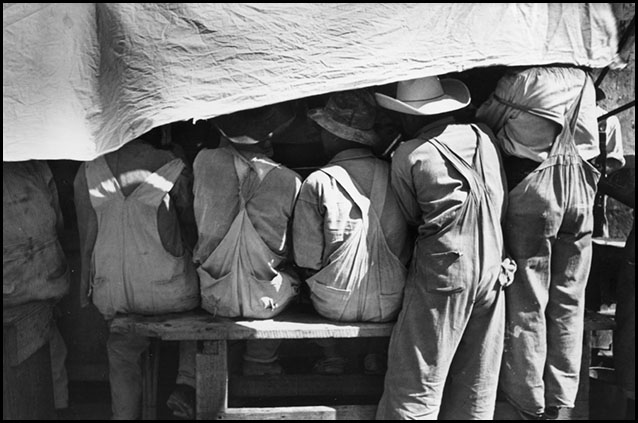Henri Cartier-Bresson (1908 - 2004) is one of the first photographer who made street photography his career.
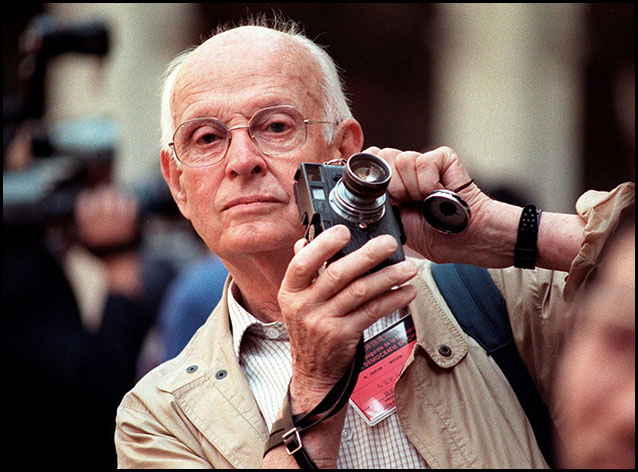
(From The International Photography Hall of Fame): HCB was born in 1908 in Chanteloup, France. Throughout his childhood, Cartier-Bresson was interested in the arts. He was influenced by his father, a respected and wealthy textile merchant and his uncle, an accomplished painter.
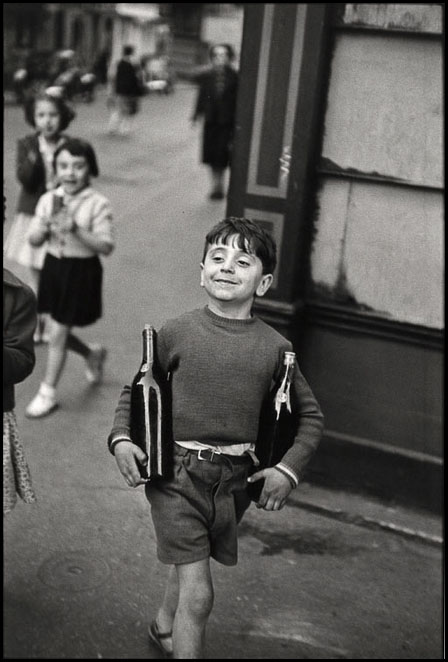
As a young boy Cartier-Bresson read the literature of the day by authors such as Dostoyevsky, Rimbaud, Proust, and Joyce. In addition to literature, he intensely studied painting.
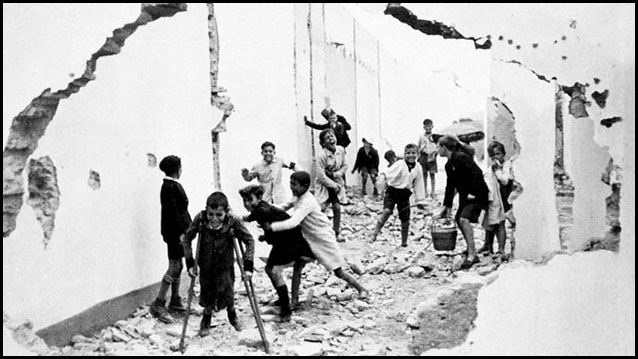
Cartier-Bresson had always been restless and conservatism did not suit him. It was also a time when many artists were experimenting to further the theory of art. He befriended Rene Crevel and soon began to practice surrealism.
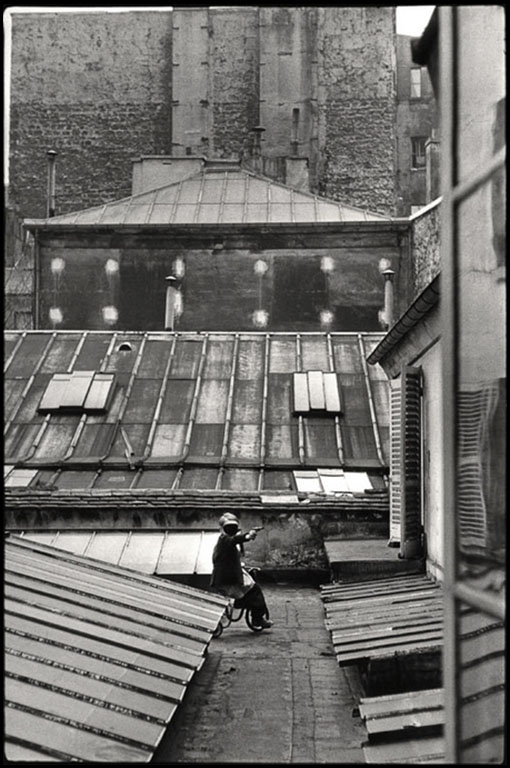
"I was marked, not by surrealist painting, but by the conceptions of Breton, which satisfied me a great deal: the role of spontaneous expression and of intuition and, above all, the attitude of revolt."
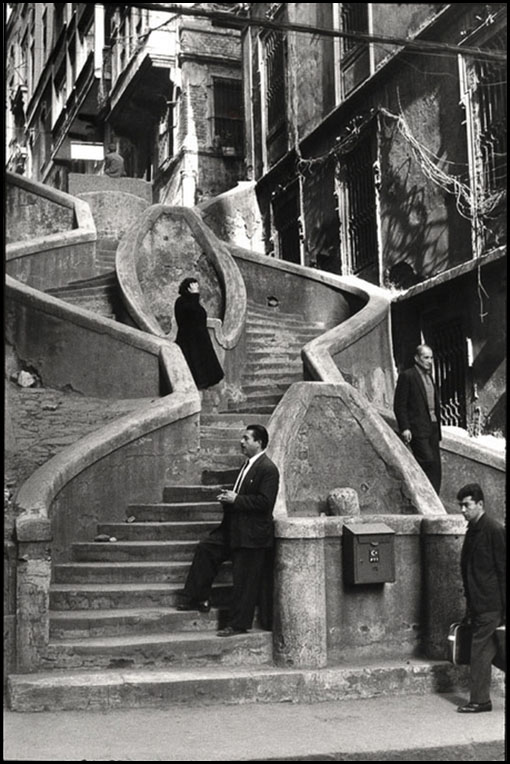
In 1928 Cartier-Bresson attended Cambridge University, England, where he studied literature and painting. It was here that he was introduced to film and photography. By 1929 he began to take photography seriously.
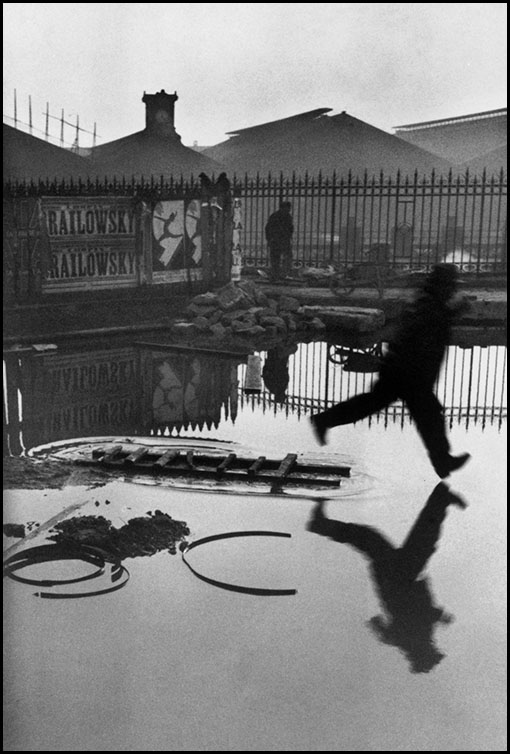
In 1931, Cartier-Bresson discovered the hand-held Leica camera and was practically consumed by the new art form. He made the conscious decision to pursue photography as a career.
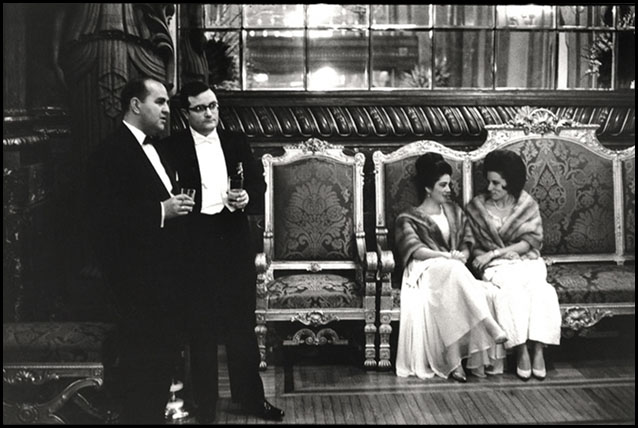
"I kept walking the streets, high-strung, and eager to snap scenes of convincing reality, but mainly I wanted to capture the quintessence of the phenomenon in a single image. Photographing, for me, is instant drawing, and the secret is to forget you are carrying a camera."
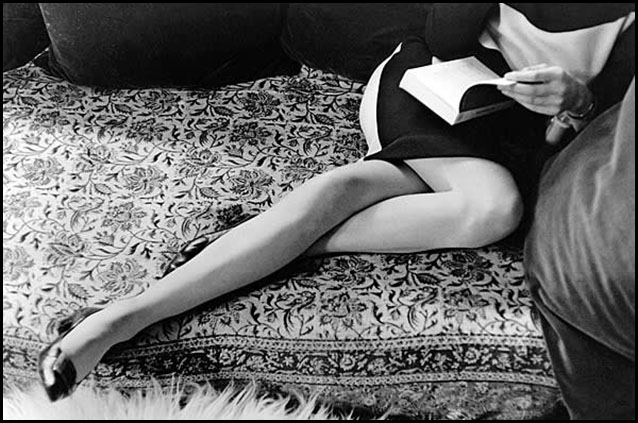
"'Manufactured’ or staged photography does not concern me. And if I make a judgement it can only be on a psychological or sociological level.
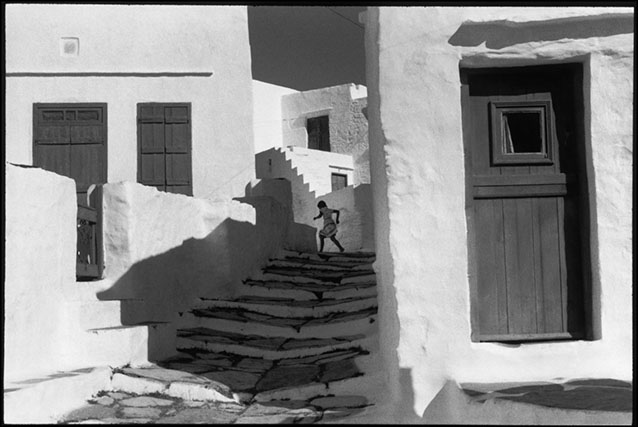
There are those who take photographs arranged beforehand and those who go out and discover the image and seize it."
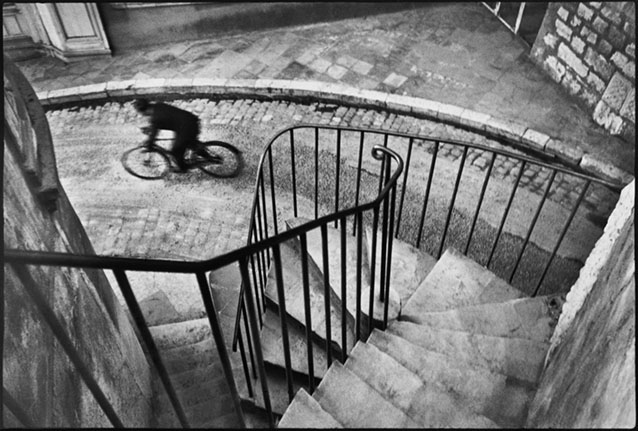
"For me the camera is a sketchbook, an instrument of intuition and spontaneity, the master of the instant, which in visual terms, questions and decides simultaneously."
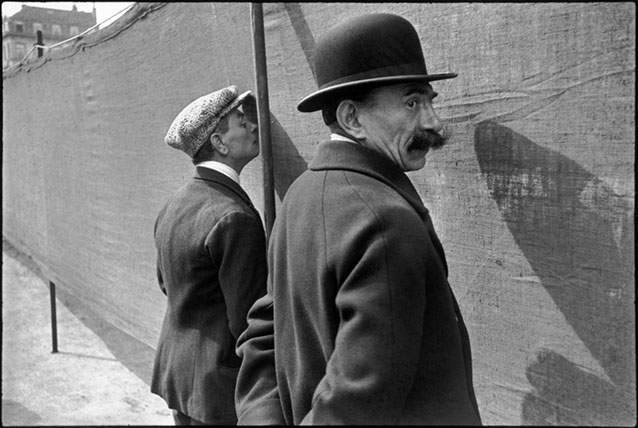
Thus evolved a theory, not entirely his, but definitely practiced by Cartier-Bresson and forever associated with his name, The Decisive Moment.
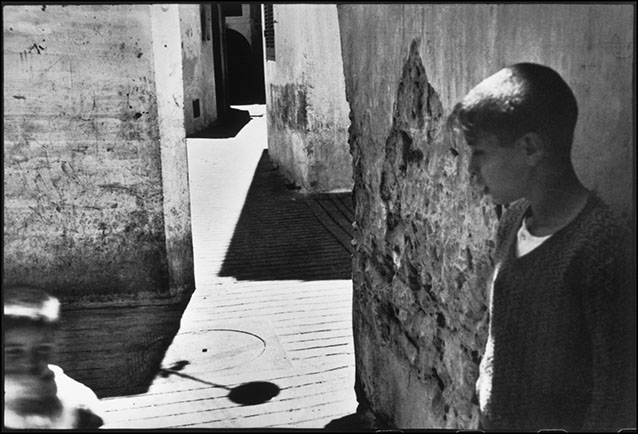
The original phrase came from Cardinal de Retz who stated everything in the world has its decisive moment.
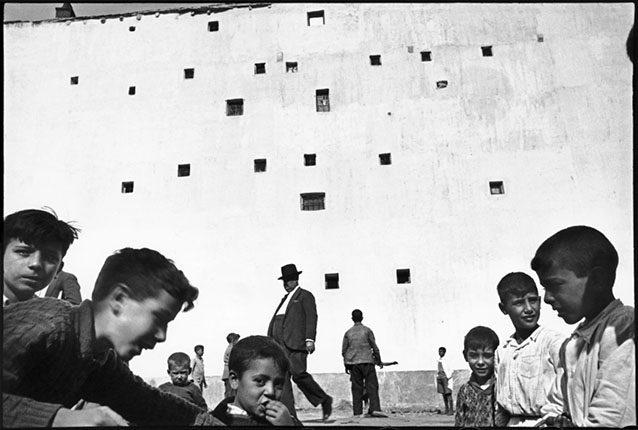
Roaming the streets, Cartier-Bresson would photograph moments most eyes would surpass for everyday life, but to him these were the true moments of human existence.
